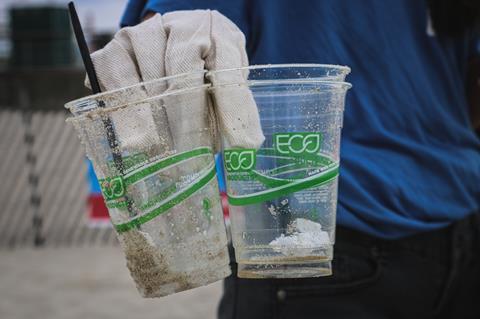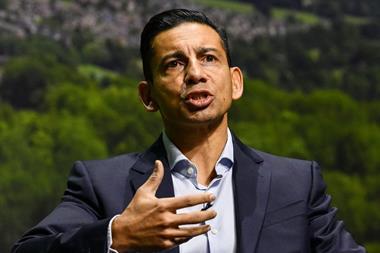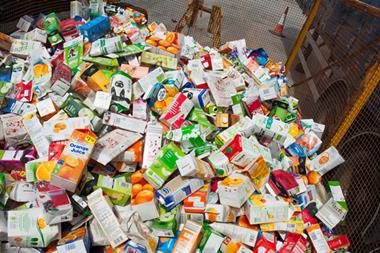
In May, The Guardian changed its style guide to better reflect the seriousness of the environmental problems we face. ‘Climate change’ made way for ‘climate crisis’; ‘global warming’ was replaced with ‘global heating’. Around the same time, the UK government also ramped up its language and announced a ‘climate emergency’.
These are bold moves – and ones the grocery industry should follow.
Language matters. The way we, as companies, talk about ourselves defines us not only as brands. It also establishes our place within our industry as well as wider society. If we use weak, vague or euphemistic terms when talking about sustainability, consumers won’t grasp the urgency and scale of the challenges we face.
Packaging is a prime example. Materials are often described as reusable, recyclable, biodegradable or compostable. To the untrained ear these can sound relatively similar, even though they mean different things.
‘Biodegradable’, in particular, can suggest to consumers that it’s OK for them to throw away packaging wherever, as it will break down over time anyway. I hear this time and time again from catering suppliers, whose customers are under the outdated impression that biodegradable means packaging can just be thrown straight into composting bins or left by the side of the road where it will degrade naturally. ‘Recyclable’ and ‘compostable’ by contrast, make it clearer that the packaging needs to be disposed of responsibly.
That’s why I feel strongly that the industry should stop using ambiguous language around products. We at Catering24 have already stopped using terms such as ’degradable’ and ’biodegradable’, and I hope other businesses will follow suit. These types of plastic are not completely dissolved by nature and leave behind microplastics that can end up back in the food chain.
Similarly, if your product is organic it doesn’t mean it is cruelty free. If it is cruelty free, it doesn’t necessarily mean it is vegan. It’s irresponsible to use equivocal language that leaves room for interpretation. We need to be careful with terminology that may falsely imply a product is something it’s not.
This isn’t just an issue for retailers. Suppliers and manufacturers also need to get on board with responsible environmental language. If they don’t, it’s sensible for retailers to actively distance themselves and take their business elsewhere.
Any business that wants to be seen as ecologically responsible should ensure the language it uses to talk about sustainability initiatives reflects how consumers use and understand language. After all, well-meaning CSR goals won’t count for much if they’re couched in terms that confuse consumers instead of educating and inspiring them to do the right thing.



















No comments yet